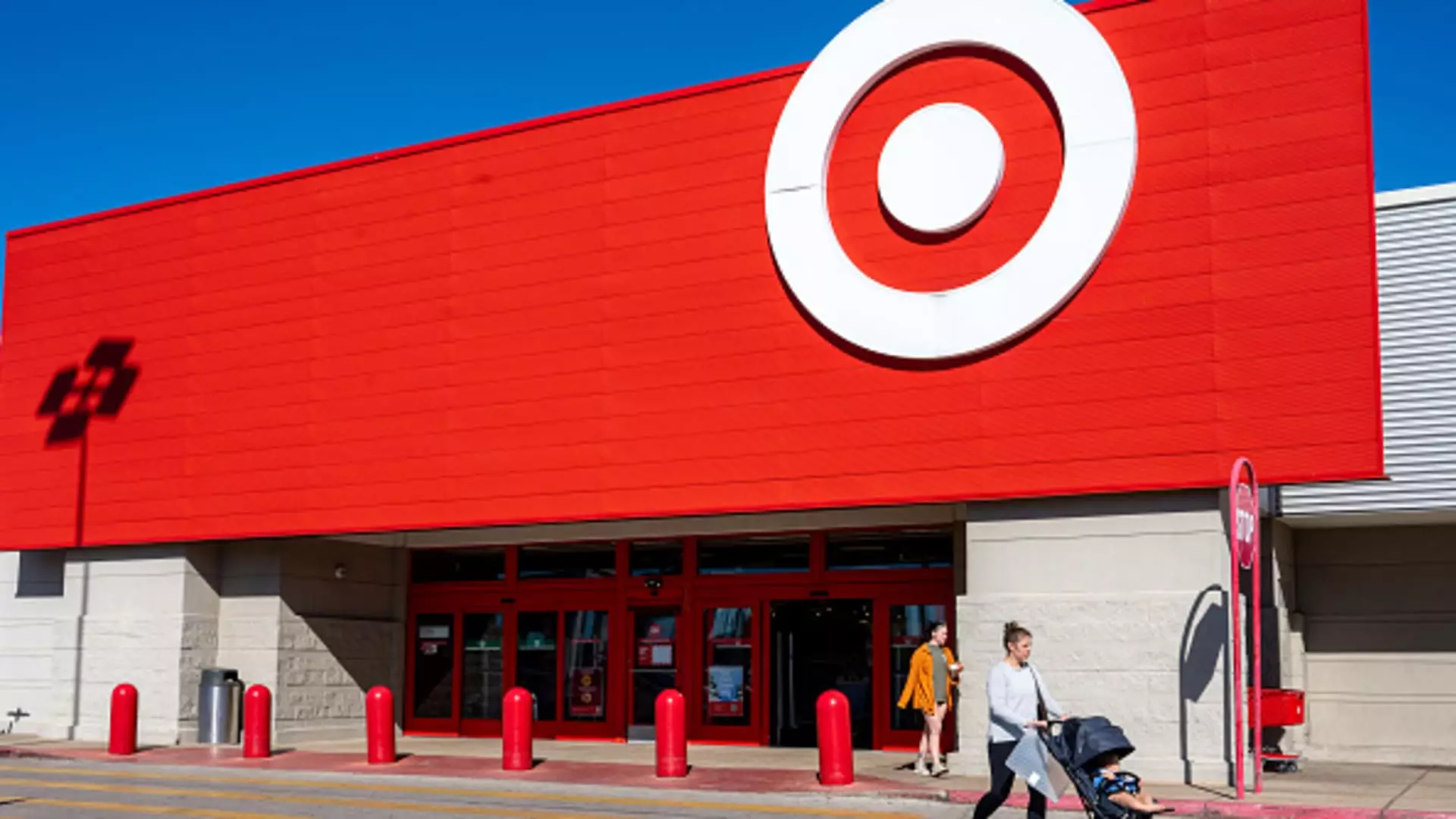In a surprising pivot, Target Corporation announced its decision to roll back various diversity, equity, and inclusion (DEI) initiatives that had been a cornerstone of its corporate strategy. This decision, communicated in an internal memo authored by Kiera Fernandez, the chief community impact and equity officer, has raised eyebrows not only within the company but also across the broader business community. The announcement means the discontinuation of its three-year DEI goals and the cessation of collaborations with external diversity organizations like the Human Rights Campaign. This article aims to explore the implications of these changes and the evolving landscape of corporate DEI commitments.
Target’s outward commitment to diversity and inclusion had been reinforced in the wake of significant social movements, particularly the Black Lives Matter protests following George Floyd’s tragic death in 2020. At that time, CEO Brian Cornell had emphasized the importance of understanding the pain and struggle faced by communities and vowed to intensify Target’s focus on equity issues. The company had previously embraced the idea that a diverse workforce and inclusive merchandise offerings not only reflected its customer base more accurately but also drove business growth. However, the recent memo indicates a shift, suggesting that the company’s long-term goals in this area may now be subject to re-evaluation based on past experiences and current pressures.
The decision to pull back on DEI initiatives appears to align with a broader trend among corporations, influenced by external pressures from conservative groups and recent Supreme Court rulings. Companies like Meta, Walmart, and McDonald’s have similarly reevaluated their DEI strategies, often citing a hostile environment for such initiatives in the current political climate. This move could be interpreted not just as a reaction to the mentioned external pressures but also as a strategic recalibration aimed at focusing on operational challenges ahead.
Furthermore, there’s a potential fear of backlash from certain consumer demographics that may not align with corporate DEI efforts. In her memo, Fernandez hints at a necessity for businesses to recalibrate their strategies in response to their customers’ evolving perceptions and needs. The assertion that extensive “listening and learning” informed this new direction raises questions about the depth of engagement with diverse communities and whether these recent changes may alienate certain customer bases.
Rolling back established DEI programs poses significant risks. The ongoing diversification of consumer demographics means that brands that fail to actively engage with issues of equity may find themselves out of touch with a substantial portion of their audience. The backlash from consumers who value diversity in the brands they support could be detrimental to sales and brand loyalty. Moreover, such a withdrawal could tarnish Target’s reputation, which had been enhanced through previous commitments to social responsibility.
The decision made by Target emerges as a critical point in the ongoing conversation about corporate responsibility and diversity in the workplace. As more companies reconsider their DEI commitments in the face of changing societal norms and pressures, the potential impact on employee morale, consumer trust, and overall brand integrity could be profound. Target’s recent shift raises fundamental questions about the future of diversity initiatives in corporate America and whether businesses can genuinely navigate the complex intersection of social responsibility and economic viability. Looking ahead, observers will be keen to see how this shift influences not only Target’s trajectory but the broader landscape of corporate engagement with diversity and equity issues.

